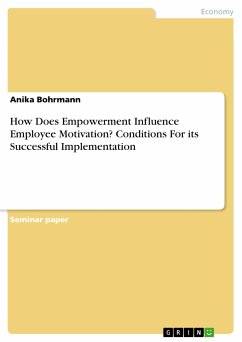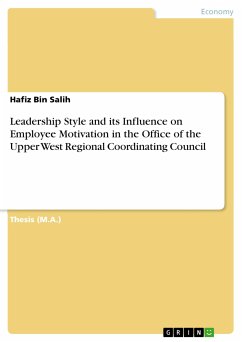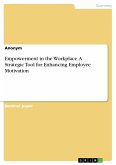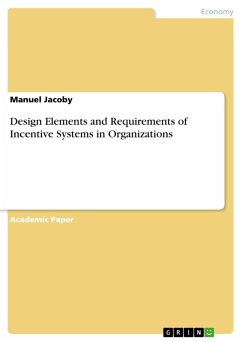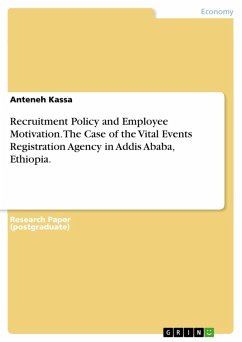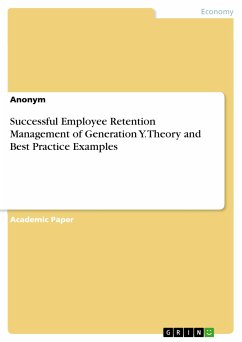Seminar paper from the year 2020 in the subject Leadership and Human Resources - Employee Motivation, Employee Satisfaction, grade: 1,3, AKAD University of Applied Sciences Stuttgart, language: English, abstract: In this paper, the author analyzes the conditions for the implementation of employee motivation through empowerment by scrutinizing the possible ways of interaction between superiors and subordinates and the boundary contingencies as contributory factors in job satisfaction. Stretching the bow from the definition of core terms of investigation to leadership tools, styles and principles, she outlines the organizational set-up which shall enhance the successful empowerment processes. She argues that empowerment must come from a cooperative leadership style which accounts for delegation, mutual trust and communication and therefore increases the likelihood for employee satisfaction. She will show that empowerment constitutes a sufficient condition for employee motivation and evokes the creation of new forms of interaction. Leadership has a key role to play in employee satisfaction and can be wisely used to serve both individual contentedness and organizational objectives. The matter of motivation and volition are two powerful starting points of contemporary leadership research. For bosses, leaders and superiors, it has always been a crucial question to identify employees' motives and manage their translation into driving forces being beneficial to the conduct of business.There is strong evidence that empowering employees will increase their motivation considerably and hence contribute to overall improved organizational productivity. The implementation of employee motivation - as well as a fundamental understanding of individual behavioral patterns - seem to be the universal keys to individual progress and organizational efficiency.
Dieser Download kann aus rechtlichen Gründen nur mit Rechnungsadresse in A, B, BG, CY, CZ, D, DK, EW, E, FIN, F, GR, HR, H, IRL, I, LT, L, LR, M, NL, PL, P, R, S, SLO, SK ausgeliefert werden.
Hinweis: Dieser Artikel kann nur an eine deutsche Lieferadresse ausgeliefert werden.

